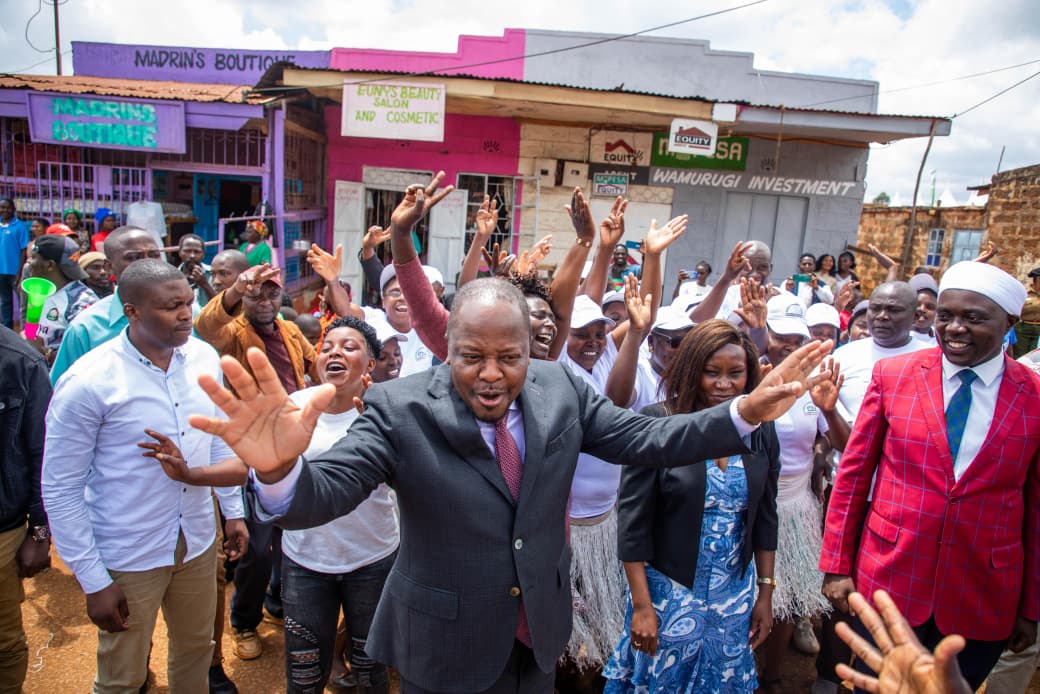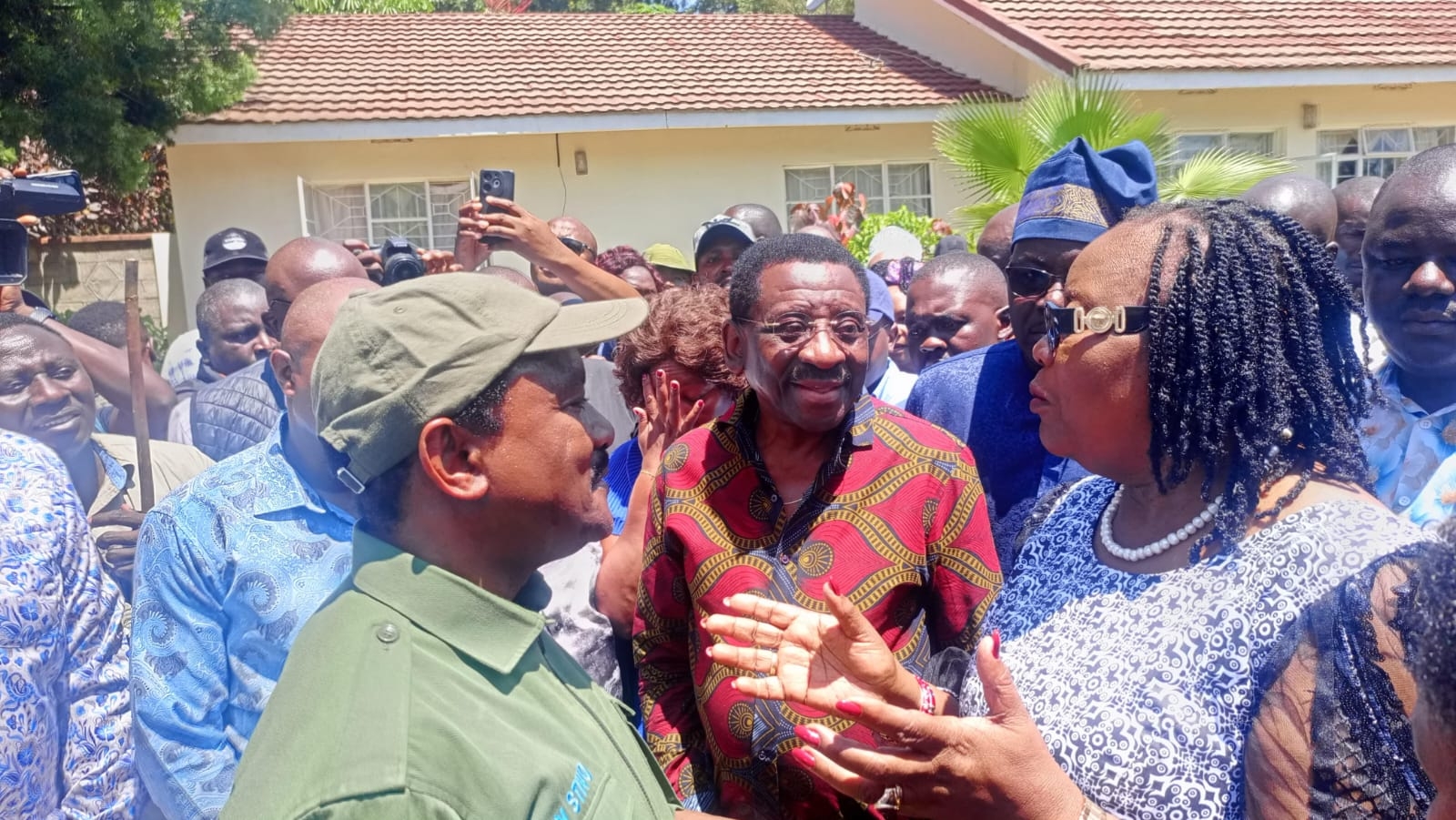

Agriculture Cabinet Secretary Mutahi Kagwe has cautioned political leaders against turning tea prices into a divisive regional issue.
Kagwe said challenges in the tea value chain are technical and should be addressed through sound policy, data-driven interventions, and improved quality standards rather than political rhetoric.
Speaking in Kanja, Embu County, during the flagging-off of 13 new milk coolers for local dairy cooperatives, Kagwe noted that tea buyers are not compelled to purchase from specific regions but instead select teas that meet their preferred quality profiles.
“Buyers are not forced to buy tea from any particular region. It is their preference. They dictate the type and quality of tea they want,” he said.
He added that tea tasting and pricing are technical matters, not political ones.
The CS emphasised that the tea market remains open under the Kenya Tea Development Agency (KTDA) and that no farmer is restricted to a particular selling channel.
“If you feel the prices you are getting are not fair, pursue direct sales. You are free to choose where to sell. My job is to ensure tea quality improves across all regions, and I am working with farmers in the East to make sure they fetch better prices,” he said.
“Let us not politicise tea prices. Good prices follow good quality. Two leaves and a bud — that discipline remains key.”
Kagwe urged leaders to stop dividing farmers along regional lines, warning that such narratives could destabilise a sector that has long been one of Kenya’s most unified economic pillars.
“We do not want to divide the sector. Politicians, please don’t divide people along tea lines. There is no division. Our job is to produce the best quality tea and help regions that need support to reach that level,” he said.
He reiterated that agricultural issues are technical, not political, and should be addressed through policy-led, data-based, and sustainable solutions.
“We call for sobriety. The issues facing agriculture are well known to farmers and stakeholders. They should be addressed through technical interventions, not political competition,” he said.
Kagwe reaffirmed the Ministry’s commitment to safeguarding all agricultural subsectors and urged leaders to understand the underlying technical issues before making public statements.
During the event, Kagwe flagged off 13 modern milk coolers for Embu County.
Livestock Principal Secretary Jonathan Mueke, Embu Governor Cecily Mbarire, Kenya Dairy Board Chairperson, and Runyenjes MP Eric Karemba were present.
The coolers will serve more than 3,900 dairy farmers, helping aggregate 25,000 litres of milk daily, valued at Sh1.1 million — translating to 9.12 million litres annually worth Sh410.6 million.
Installed for Sh77 million, the coolers are expected to transform aggregation centres into vibrant business hubs that create jobs and stimulate auxiliary services across the county.
Kagwe said the investment reflects the government’s commitment to strengthening dairy value chains, reducing post-harvest losses, and stabilising farmer incomes.



















